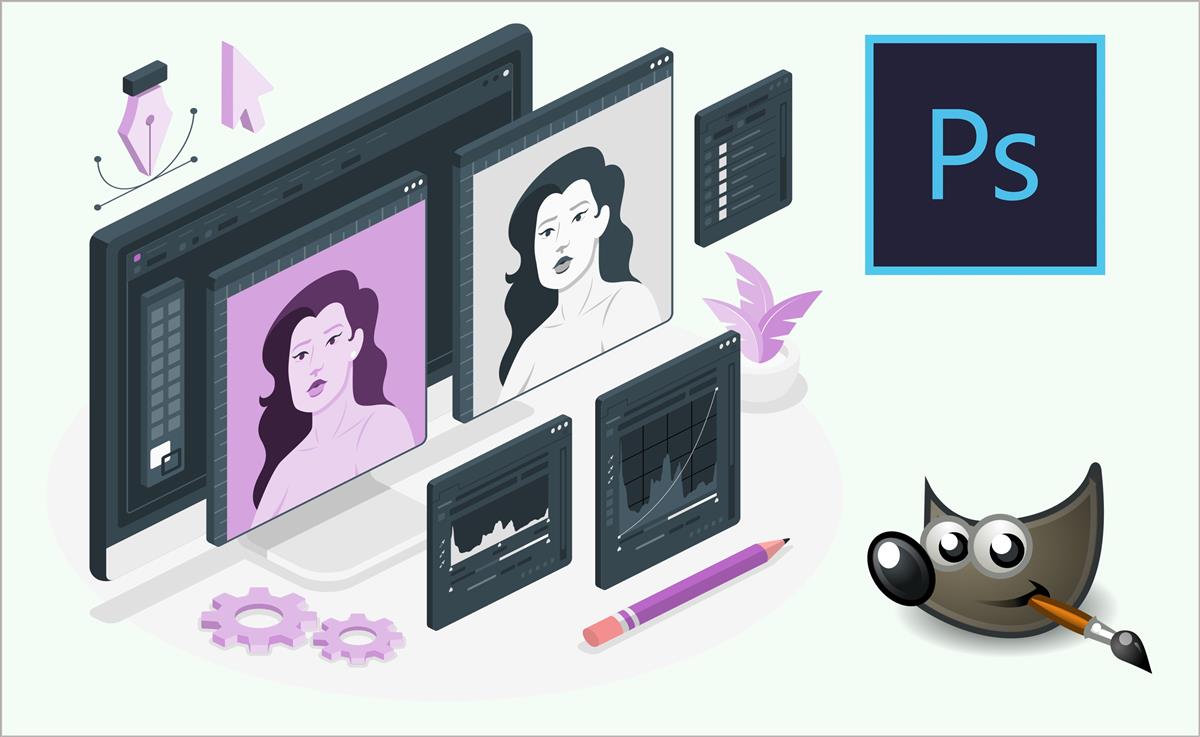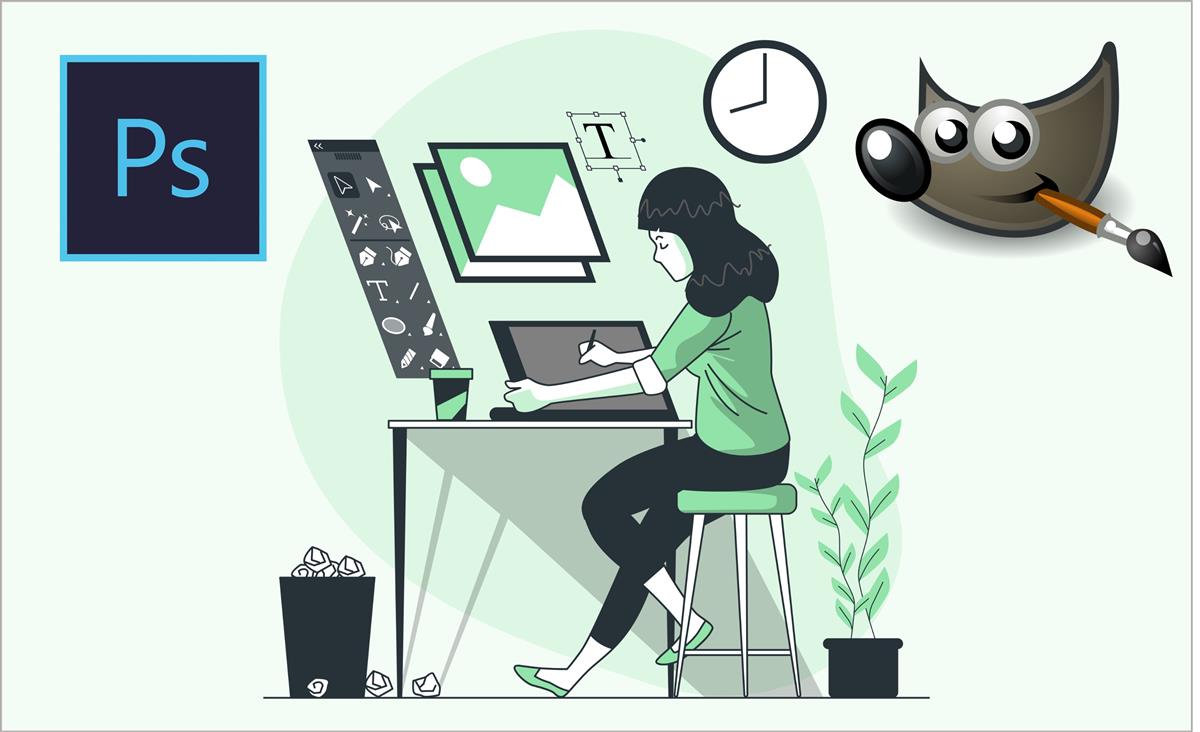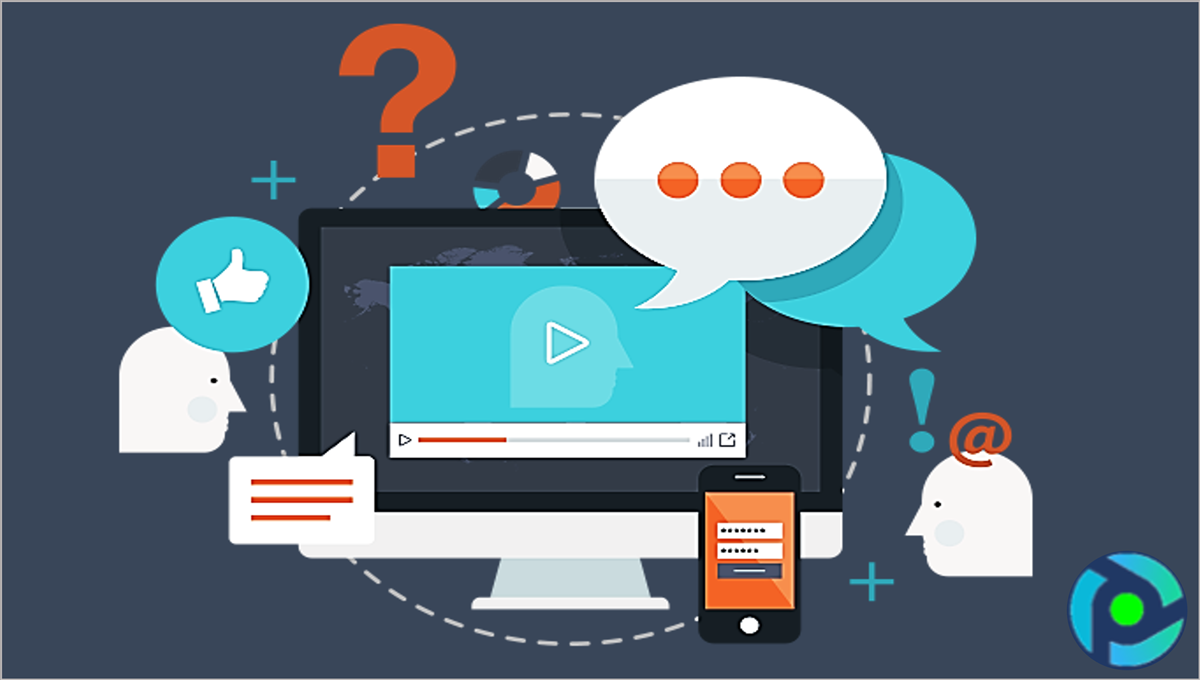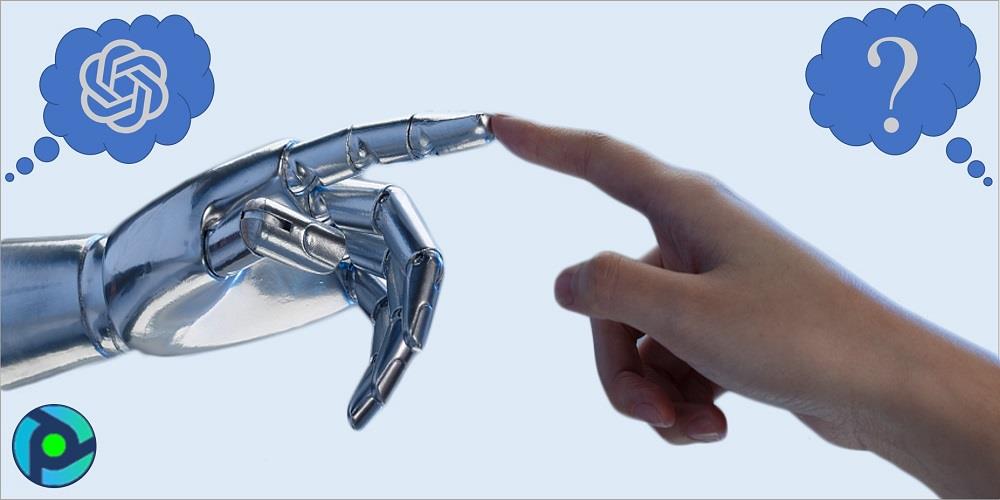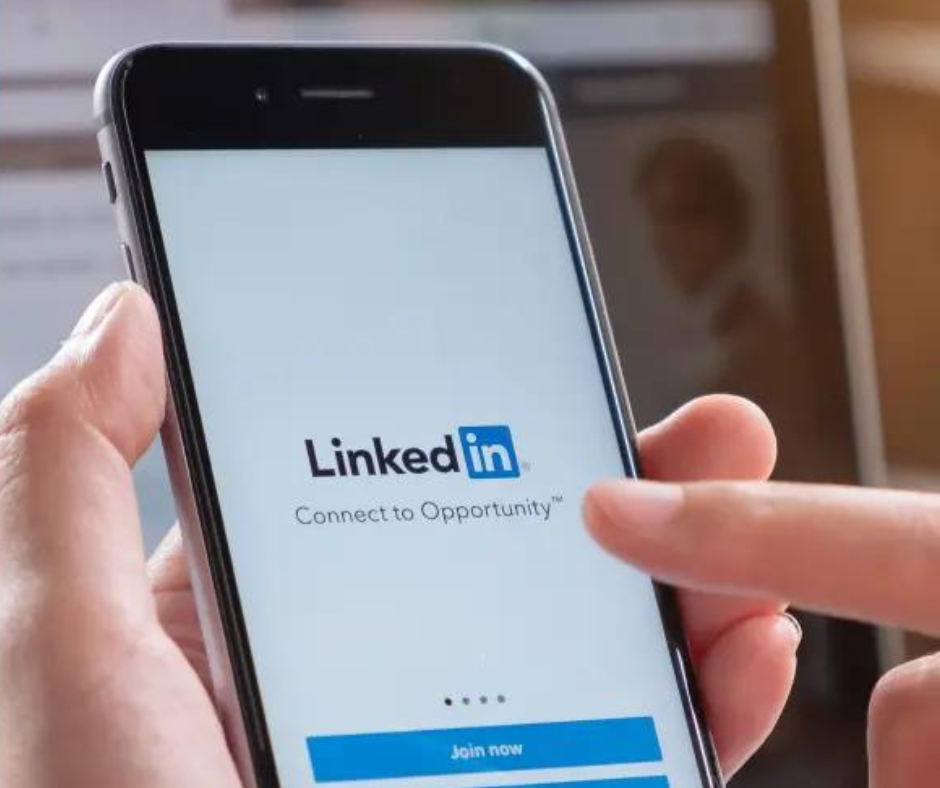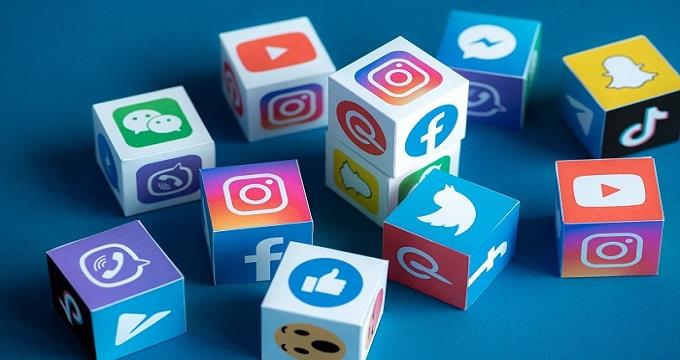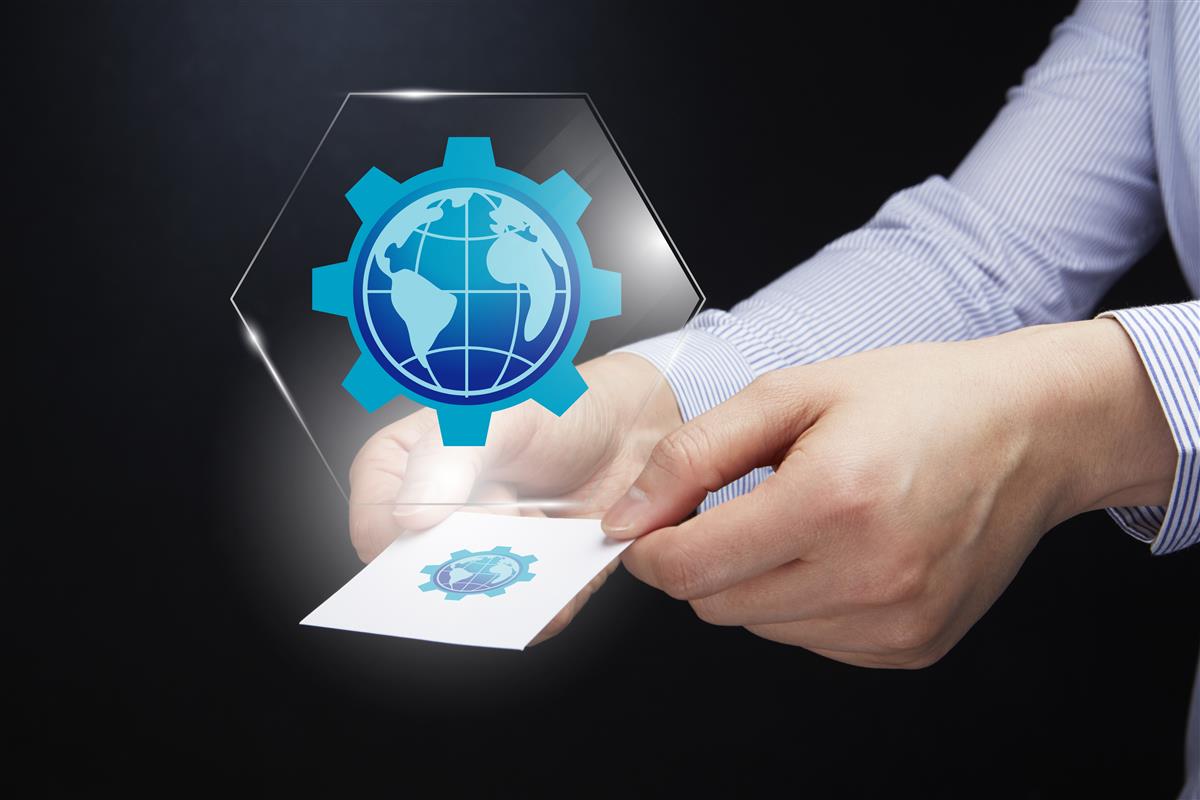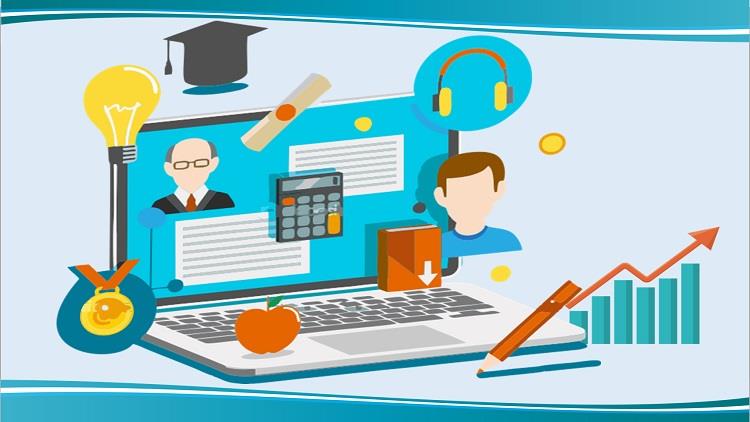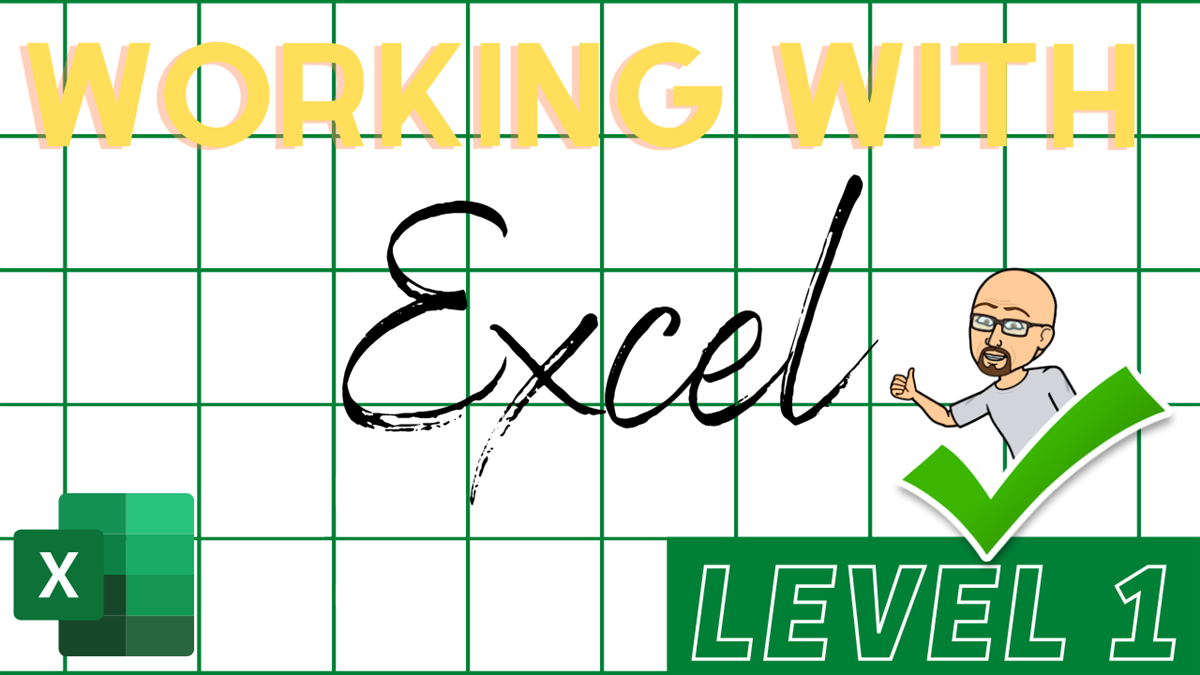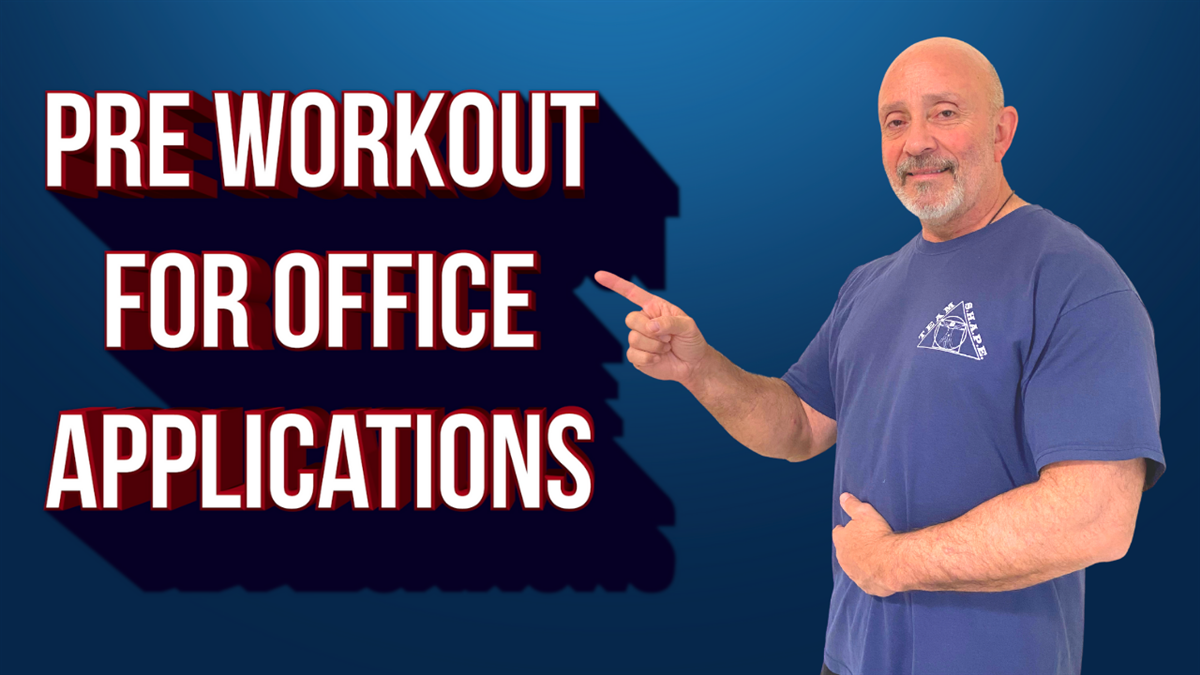
Internet Marketing Course: A Comprehensive Guide to Boosting Your Online Presence
Internet Marketing Course: A Comprehensive Guide to Boosting Your Online Presence
Introduction
In the fast-paced digital world, internet marketing has become a crucial component of any successful business strategy. Whether you're a small business owner or managing a global brand, the ability to reach, engage, and convert customers online is more important than ever. This guide will walk you through everything you need to know about internet marketing, from SEO and content creation to PPC advertising and social media marketing, helping you build a powerful online presence and fuel business growth.
The Evolution of Internet Marketing
Internet marketing has transformed the way businesses connect with their audiences. In the early days, traditional advertising methods—such as print ads, billboards, and TV commercials—dominated. However, with the rise of the internet, businesses quickly realized the potential of online platforms. Key milestones, like the advent of Google Ads, social media platforms, and email marketing, have shaped the modern digital landscape, giving businesses more tools than ever to reach their target customers.
Benefits of Internet Marketing
One of the main reasons internet marketing is so powerful is its global reach. With billions of people online, businesses are no longer limited to local customers. Internet marketing allows you to connect with potential buyers worldwide, expanding your reach exponentially. Additionally, it’s much more cost-effective than traditional advertising. Platforms like Google Ads and Facebook allow you to set daily budgets, ensuring you never spend more than you can afford. Furthermore, the ability to track and analyze your marketing efforts gives you measurable results. You can see which strategies are working, tweak what isn’t, and constantly optimize your campaigns for better performance.
Key Components of Internet Marketing
There are several core components of internet marketing, each playing a unique role in driving traffic and increasing conversions:
- Search Engine Optimization (SEO): Optimizing your website to rank higher in search engine results, bringing organic traffic to your site.
- Content Marketing: Creating valuable content that attracts and engages your target audience, building trust and authority.
- Social Media Marketing: Utilizing platforms such as Facebook, Instagram, and LinkedIn to connect with customers and increase brand visibility.
- Pay-Per-Click (PPC) Advertising: Paying for targeted traffic through platforms like Google Ads.
- Email Marketing: Communicating with your audience via email, nurturing leads, and promoting products or services.
- Affiliate Marketing: Collaborating with partners to promote your products and services, offering a commission in return for each sale.
Each of these components works together to form a comprehensive internet marketing strategy that drives both traffic and revenue.
Search Engine Optimization (SEO)
SEO is the cornerstone of any internet marketing strategy. It involves optimizing your website so that it ranks higher on search engine results pages (SERPs), driving more organic traffic. This can be divided into two categories
- On-page SEO: This includes optimizing your content, headlines, meta tags, and images with relevant keywords.
- Off-page SEO: Building backlinks, guest blogging, and promoting your content on social media to increase authority.
A key element of SEO is keyword research, which helps you identify the terms and phrases your target audience is searching for. By optimizing your website around these keywords, you can attract the right traffic.
Content Marketing
Content marketing involves creating high-quality, valuable content that educates, entertains, or informs your audience. This could include:
- Blog posts
- Videos
- Infographics
- Podcasts
- E-books
The goal of content marketing is to build trust and establish your brand as an authority in your industry. It’s not just about selling; it’s about providing value, which ultimately leads to conversions.
Social Media Marketing
Platforms such as Facebook, Instagram, Twitter, and LinkedIn offer businesses distinct opportunities to engage with their audience.By sharing content, engaging in conversations, and running social media ads, businesses can build relationships with potential customers.
It’s important to strike a balance between organic social media—which involves posting and interacting without paying—and paid campaigns that allow you to target specific demographics with precision.
Pay-Per-Click (PPC) Advertising
PPC advertising allows you to pay for clicks to your website, making it a fast and effective way to drive traffic. Platforms like Google Ads and Bing Ads allow you to bid on keywords, ensuring your ad shows up when potential customers search for relevant terms.
Best practices for PPC include:
- Keyword optimization
- Crafting compelling ad copy
- Setting a clear budget and monitoring your campaign's performance to maximize ROI.
Email Marketing
Building an email list is one of the most valuable assets in your internet marketing toolbox. With email marketing, you can communicate directly with your customers, sending them newsletters, promotions, or product updates.
Crafting effective email campaigns involves:
- Personalizing your messages
- Providing direct calls to action to motivate conversions.
Affiliate Marketing
Affiliate marketing is a performance-based strategy where you partner with third parties (affiliates) to promote your products or services. Affiliates are paid a commission for every sale they generate, making it a low-risk, high-reward strategy for expanding your reach.
Analytics and Data-Driven Marketing
One of the biggest advantages of internet marketing is the ability to track your performance through analytics. Tools like Google Analytics and social media insights allow you to see which strategies are working, where your traffic is coming from, and how visitors interact with your site.
Creating an Integrated Internet Marketing Strategy
A truly successful internet marketing strategy combines several channels. For example, your SEO efforts can drive organic traffic, while PPC campaigns provide immediate visibility. Meanwhile, content marketing and social media can build trust and engage your audience. It’s important to ensure consistency across all these channels for a unified brand message.
The Future of Internet Marketing
As technology continues to evolve, so does internet marketing. Artificial intelligence (AI) and automation are playing bigger roles in personalized marketing campaigns. Chatbots, AI-driven ad targeting, and predictive analytics are shaping the future of how businesses reach and interact with customers online.
Common Mistakes in Internet Marketing
Avoid these common pitfalls:
- Neglecting mobile optimization: Make sure your website and emails are optimized for mobile devices.
- Focusing solely on sales: Provide value and build trust with your audience rather than pushing constant sales messages.







